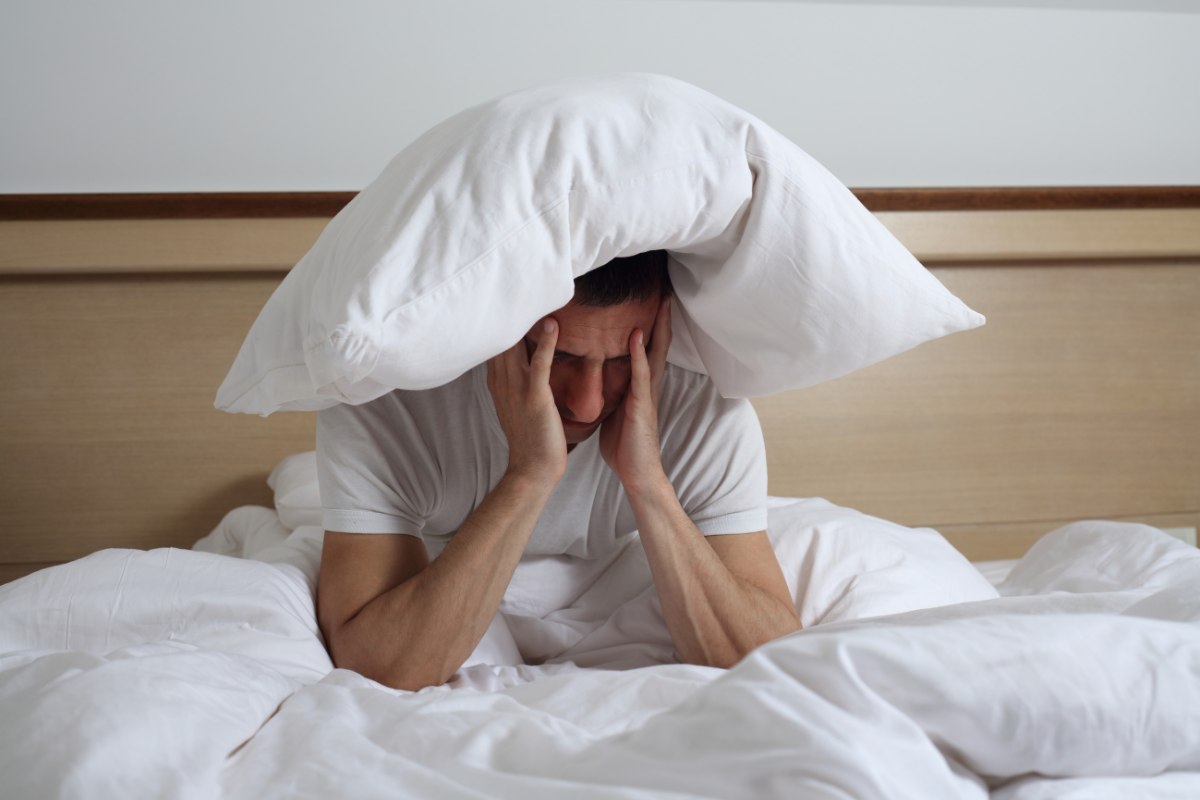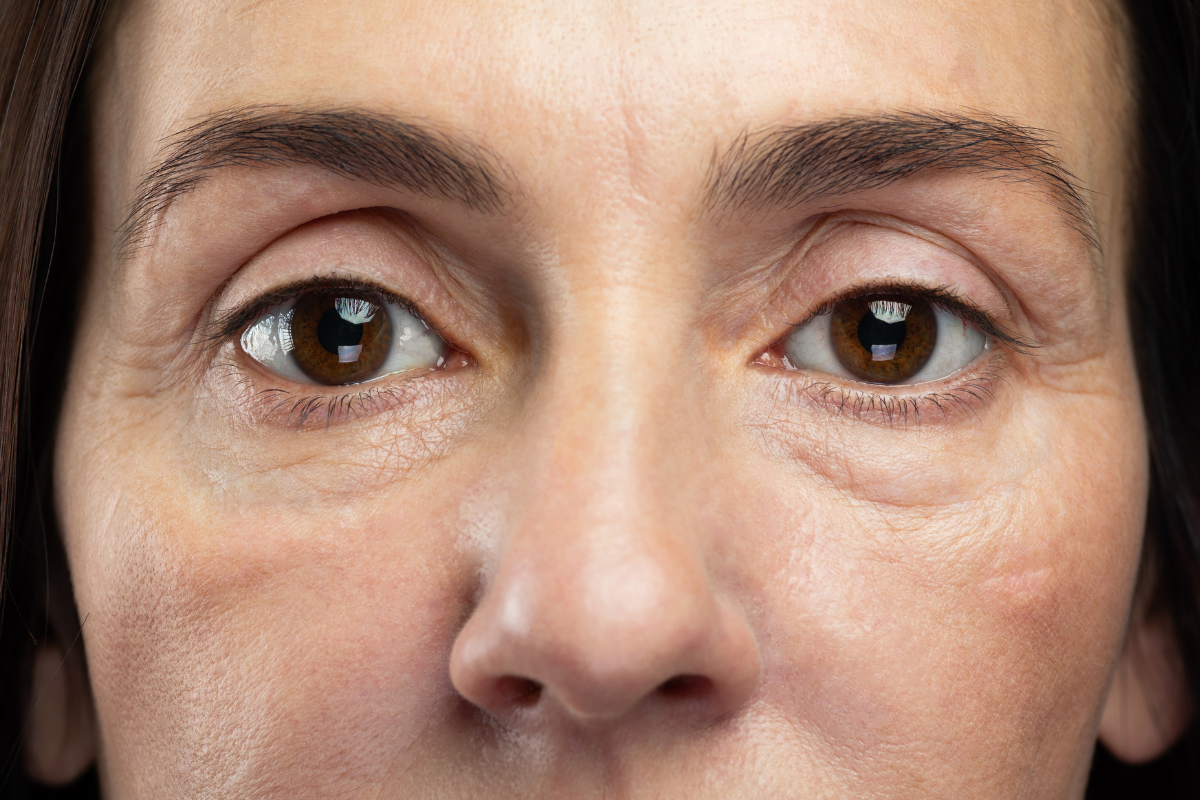Collagen, lack of sleep and stomach problems

Collagen, lack of sleep and stomach problems
As you may know, sleep is an important part of overall health. Not only does it affect your energy levels, but it also helps every system in the body function properly, including the immune system, heart, brain, and even the digestive system. If you are constantly walking around and extremely tired because you are not sleeping well, it can affect your gut health in different ways.
Sleep and gut health are definitely connected, but there's still a lot we don't know about how sleep affects our gut flora — but we do know that digestive health can play a role in how well someone sleeps, and sleep can affect how well the digestive system works. It's a two-way street.
Our bodies like consistency and predictability, which means we should go to sleep and wake up around the same time every day, with about an hour of leeway in between. We should eat at the same times and be as consistent as possible, even on weekends.
Fatigue caused by lack of sleep can affect your stomach and intestines
Here we list 4 ways sleep problems can affect your gastrointestinal health:
1. Lack of sleep can increase stress, which affects the gut. When you don't get enough sleep, your hormones can become unbalanced and the stress hormone cortisol can rise. Increased stress can cause intestinal permeability problems — or something called leaky gut — where food and toxins can pass through the gut and into the bloodstream. This can lead to a host of problems, including constipation, bloating, IBS, bloating, inflammation, upset stomach, food sensitivities and changes in gut flora.
2. Lack of sleep can affect dietary choices. When you suffer from sleep deprivation, certain hormones that control hunger can be affected, leading to increased appetite. Not to mention the fact that when you're tired, you're more likely to reach for unhealthy food choices for a quick energy boost (read: processed carbs, sugar, and trans fats.). These foods can negatively affect your gut health and overall health. If you want to lose weight, then good sleep is an important part of your weight loss.
3. Lack of the sleep hormone melatonin, may be related to GERD. Melatonin is a hormone that our bodies produce more of at night because it helps us fall asleep. But that's not all it does: melatonin also helps regulate gastrointestinal motility. When melatonin levels drop, it can be difficult to sleep—and that can potentially lead to GERD, or gastroesophageal reflux disease. Although there are many variables involved, there is a link between melatonin deficiency and GERD. Some people diagnosed with GERD take melatonin supplements to increase their levels, which helps them sleep better and reduce GERD symptoms.
4. If you stay up too late, you can eat too close to bedtime, which can negatively affect your digestive health. You don't want your body to be burdened with digestion and absorption while you sleep, because that's when your body needs to recover and get on with other important things. In addition, it can also keep you up and lead to poor sleep.
A night or two of poor sleep is not dangerous, but the longer you drag with poor sleep and lack of sleep, this can lead to digestive problems. It probably also has to do with your immune system - how healthy you are otherwise, or if you have other medical conditions. But the longer the lack of sleep goes on, the greater the impact it can have on your gastrointestinal health.






